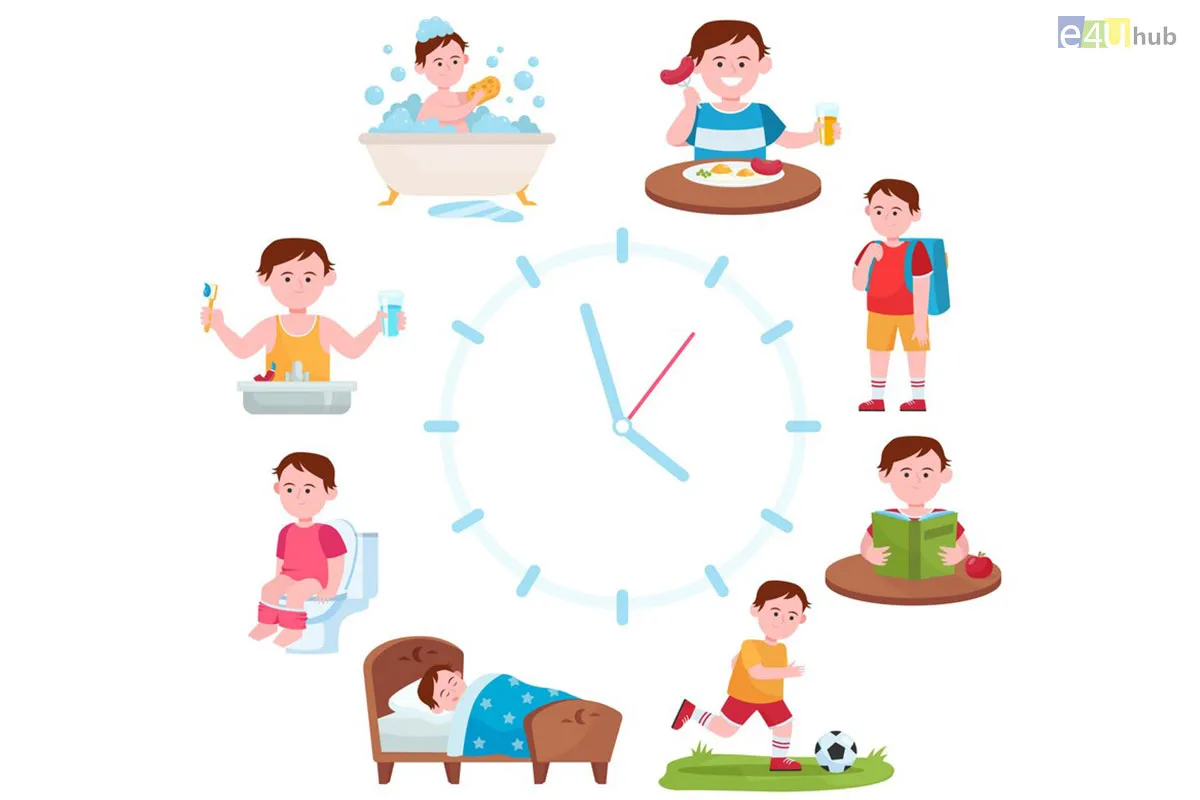
Healthy Habits for Kids
- 29 Oct, 2023
- Health
- 744 Views
- 0 Comments
Teaching kids healthy habits from a young age sets the foundation for a lifetime of well-being. Here are some essential healthy habits for kids, along with tips on how to encourage and incorporate them into their daily routines:
1. Balanced Nutrition:
a) Variety in Diet: Encourage children to eat a variety of fruits, vegetables, whole grains, and proteins.
b) Healthy Snacks: Provide nutritious snacks like cut-up fruits, yogurt, or nuts instead of sugary treats.
c) Regular Meals: Establish regular meal times to maintain consistent eating habits.
2. Physical Activity:
a) Outdoor Play: Encourage outdoor activities like running, cycling, or playing sports to promote physical fitness and social interactions.
b) Limit Screen Time: Set limits on TV, video games, and computer usage to encourage physical play and creative activities.
c) Family Activities: Plan family activities like hiking, swimming, or dancing to make exercise fun and a part of family bonding.
3. Hygiene and Health:
a) Handwashing: Teach proper handwashing techniques, especially before meals and after using the restroom.
b) Oral Hygiene: Encourage regular brushing and flossing to maintain good dental health.
c) Adequate Sleep: Establish a consistent bedtime routine to ensure kids get enough sleep for their age.
4. Mental and Emotional Well-being:
a) Open Communication: Encourage children to express their feelings and thoughts openly, fostering emotional intelligence.
b) Positive Reinforcement: Praise their achievements and efforts to boost self-esteem and confidence.
c) Relaxation Techniques: Introduce calming activities like reading, drawing, or deep breathing to manage stress.
5. Safety Habits:
a) Stranger Danger: Teach them about stranger danger and how to recognize safe adults in their community.
b) Helmet Use: Emphasize the importance of wearing helmets while biking, skating, or riding scooters.
c) Traffic Rules: Educate them about road safety and the importance of looking both ways before crossing the street.
6. Healthy Social Interactions:
a) Sharing and Empathy: Encourage sharing and teach them about empathy, kindness, and understanding others' feelings.
b) Conflict Resolution: Help them develop problem-solving skills and encourage peaceful conflict resolution methods.
c) Friendship Building: Guide them in making friends and understanding the qualities of good friendships.
7. Limit Sugary Drinks:
a) Water Intake: Promote drinking water as the primary beverage and limit sugary drinks like soda and excessive fruit juices.
b) Healthy Alternatives: Offer flavored water with slices of fruit or homemade smoothies as healthier alternatives.
8. Cultivate Healthy Habits Together:
a) Lead by Example: Children learn by observing, so demonstrate healthy habits in your own life.
b) Cook Together: Involve kids in meal preparation. It encourages them to try new foods and teaches them basic cooking skills.
9. Regular Health Check-ups:
a) Dental and Medical Visits: Schedule regular check-ups and vaccinations. Explain the importance of these visits in maintaining good health.
10. Encourage Exploration and Creativity:
a) Creative Outlets: Encourage hobbies like drawing, writing, or playing musical instruments to nurture creativity and self-expression.
b) Exploring Nature: Spend time outdoors exploring nature. It not only promotes physical activity but also fosters a connection with the environment.
By integrating these habits into their daily lives and making them enjoyable experiences, kids are more likely to adopt and maintain these healthy practices as they grow older.















Leave a Reply